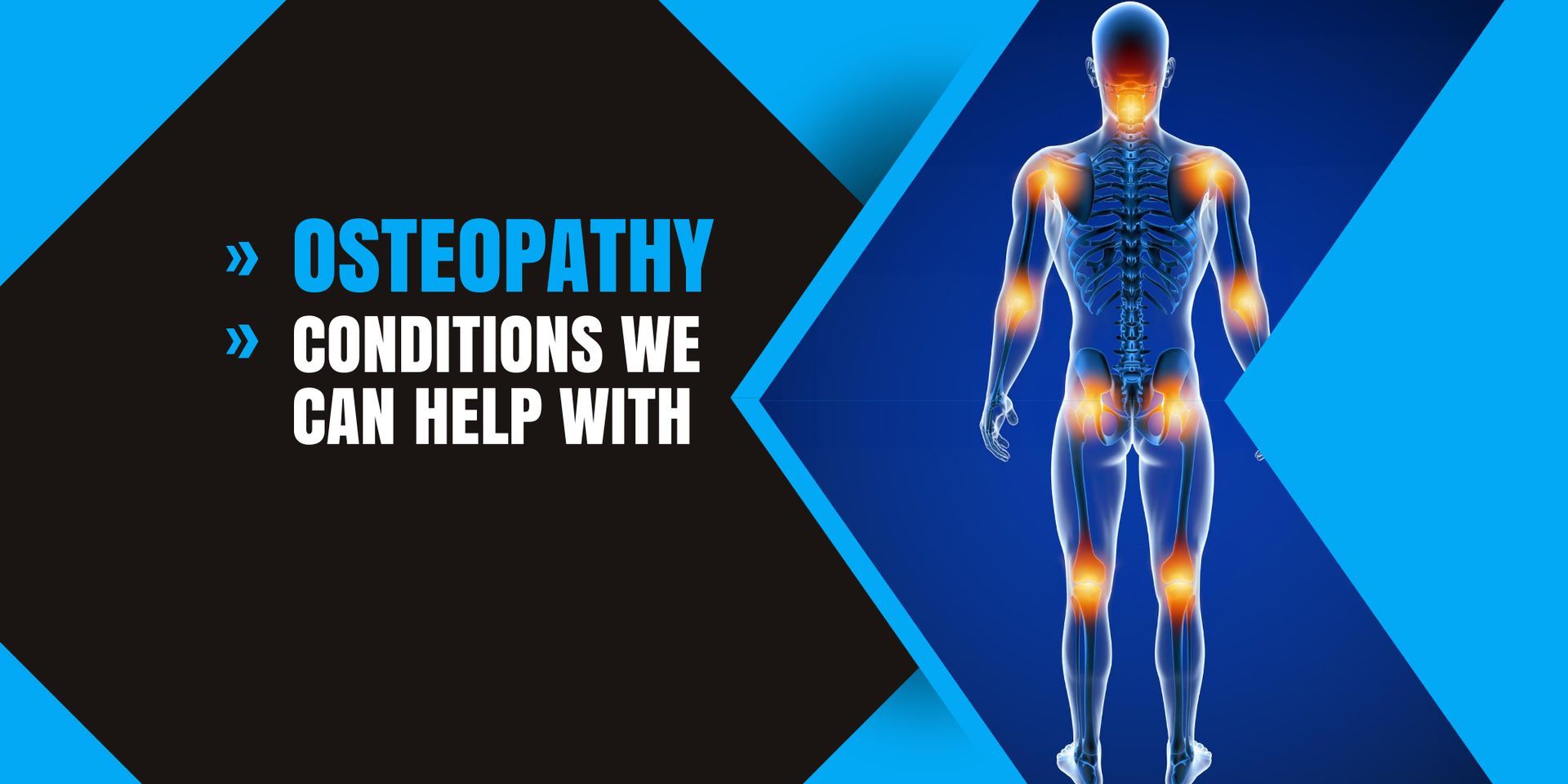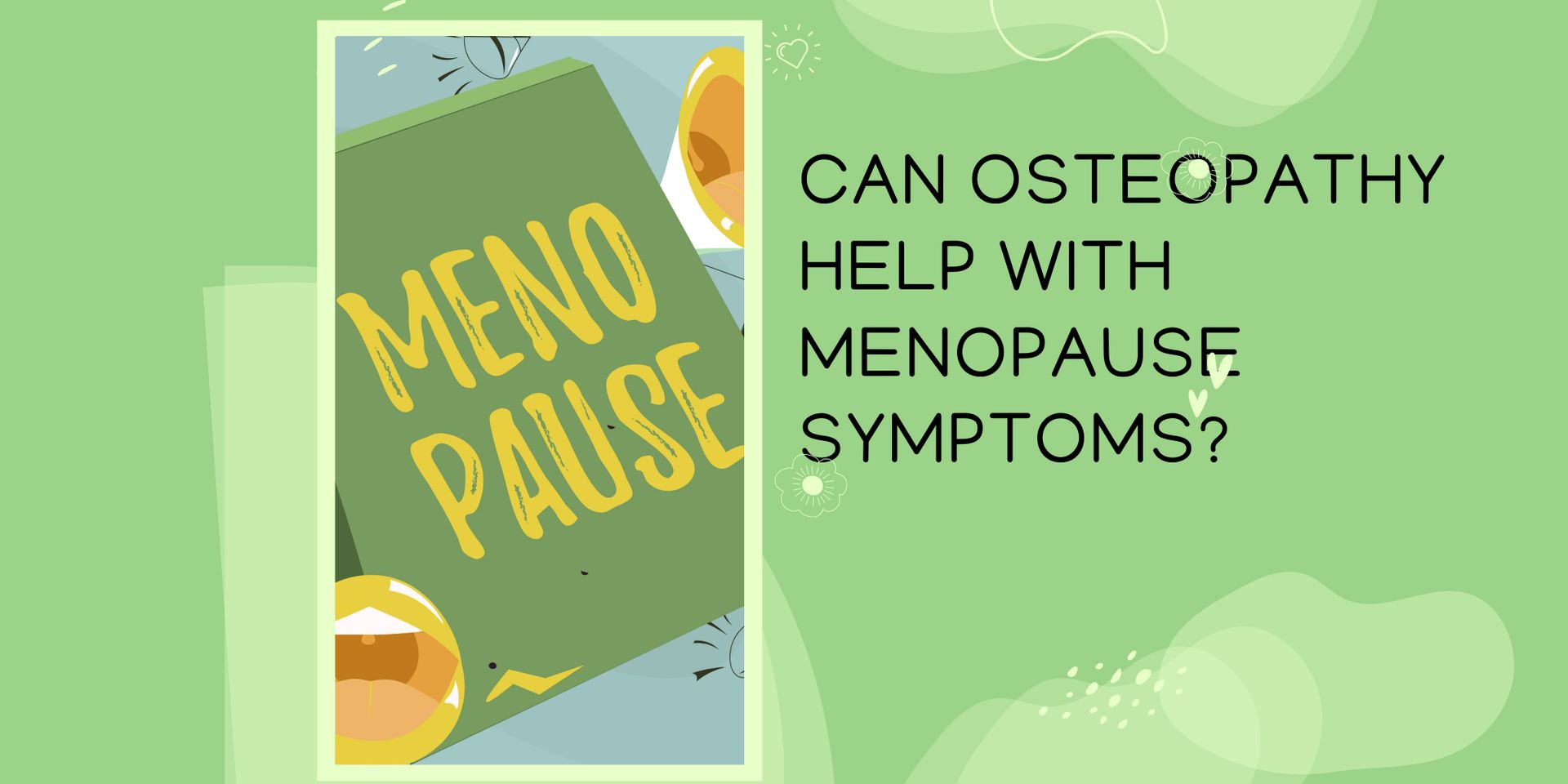Understanding Repetitive Strain Injury (RSI) and How Osteopathy Can Offer Relief
Exploring what RSI is and how osteopathy can provide effective relief

In today's fast-paced world, many individuals find themselves spending long hours engaged in repetitive tasks, whether at work, during leisure activities, or even while using digital devices.
Unfortunately, this can lead to a common yet often misunderstood condition known as Repetitive Strain Injury (RSI). In this article, we'll explore what RSI is, its causes, symptoms, and most importantly, how osteopathy can provide effective relief and management for RSI sufferers.
What is Repetitive Strain Injury (RSI)?
Repetitive Strain Injury, commonly referred to as RSI, is a condition that occurs as a result of repetitive movements and overuse of certain muscles, tendons, and nerves. It most commonly affects the upper body, including the wrists, hands, forearms, elbows, shoulders, and neck.
RSI can manifest in various forms, such as tendonitis, carpal tunnel syndrome, tennis elbow, and more.
Causes and Symptoms of RSI:
RSI can be caused by a wide range of activities that involve repetitive motions, prolonged awkward postures, forceful exertions, or vibration. Common culprits include typing on a keyboard, using a mouse, lifting heavy objects, playing musical instruments, and even activities like gardening or sports.
The symptoms of RSI can vary depending on the affected area but often include pain, stiffness, weakness, numbness, tingling, and swelling. These symptoms may worsen with continued use of the affected muscles and tendons, leading to decreased productivity, impaired performance, and reduced quality of life.

How Osteopathy Can Help:
Osteopathy is a holistic approach to healthcare that focuses on treating the body as a whole, rather than just addressing individual symptoms. Osteopathic practitioners use manual techniques, such as manipulation, massage, stretching, and mobilisation, to restore balance, improve function, and alleviate pain.
For individuals suffering from RSI, osteopathy offers several benefits:
Pain Relief: Osteopathic treatment can help alleviate pain and discomfort associated with RSI by releasing tension, reducing inflammation, and promoting healing in affected muscles, tendons, and nerves.
Improved Range of Motion: Osteopathic techniques aim to restore normal movement patterns and flexibility, allowing individuals to regain full range of motion in affected joints and muscles.
Addressing Underlying Causes: Osteopaths take a comprehensive approach to treatment, identifying and addressing the underlying factors contributing to RSI, such as poor posture, muscle imbalances, and ergonomic issues.
Prevention Strategies: In addition to providing relief from existing symptoms, osteopathic practitioners can offer valuable advice and guidance on ergonomics, posture, stretching exercises, and lifestyle modifications to help prevent RSI from recurring in the future.
Conclusion:
Repetitive Strain Injury (RSI) is a common yet often overlooked condition that can have a significant impact on daily life.
Fortunately, osteopathy offers a safe, natural, and effective approach to managing RSI symptoms and promoting overall musculoskeletal health.
By addressing underlying imbalances, relieving pain, and improving function, osteopathic treatment can help individuals reclaim their comfort, mobility, and quality of life.
If you're struggling with RSI, consider consulting with an osteopathic practitioner to explore how osteopathy can help you find relief and restore balance to your body.







